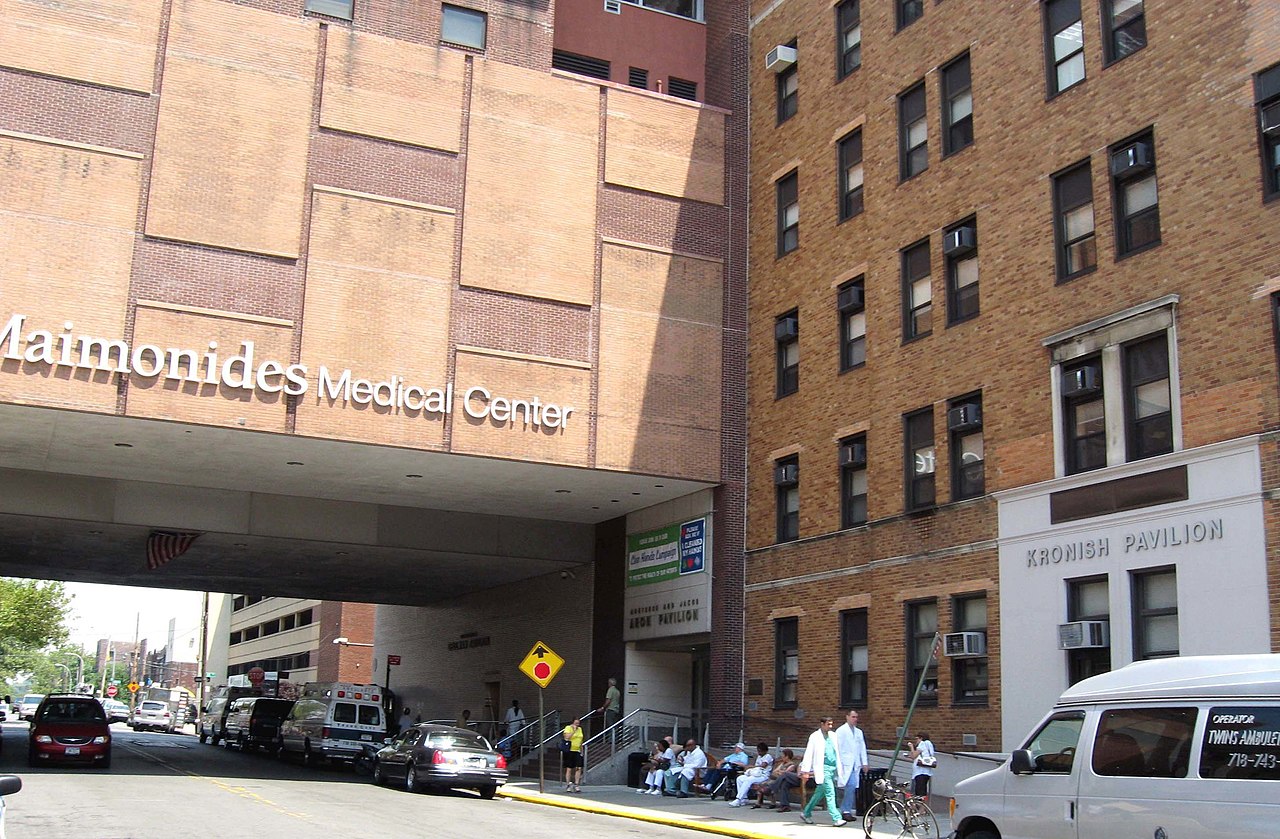Tenant controversy pits Maimonides Medical Center against Fifth Avenue Committee

A long-running and complicated controversy is centering on tenants of several apartment buildings owned, or previously owned, by Maimonides Medical Center, and the hospital’s efforts to vacate some of the buildings.
Tenants have formed a tenants’ union that is fighting back in court. They have gained a powerful ally — the Fifth Avenue Committee, a community development and affordable housing organization that is active in Park Slope, Gowanus, Sunset Park, Red Hook and nearby areas. Brad Lander, the city’s comptroller, was executive director of the Fifth Avenue Committee from 1993 to 2003.
The hospital contends that the cost of maintaining and managing the buildings has increased, with building upgrades estimated at millions of dollars — not to mention the skyrocketing costs that all health care institutions face. In addition, according to a hospital spokesperson, the hospital pays $86,632 per month to cover rent increases and back rents. In 2023, hospital management decided it could no longer support the “housing program” in this age of increasing medical costs.

Brooklyn Boro
View MoreNew York City’s most populous borough, Brooklyn, is home to nearly 2.6 million residents. If Brooklyn were an independent city it would be the fourth largest city in the United States. While Brooklyn has become the epitome of ‘cool and hip’ in recent years, for those that were born here, raised families here and improved communities over the years, Brooklyn has never been ‘uncool’.